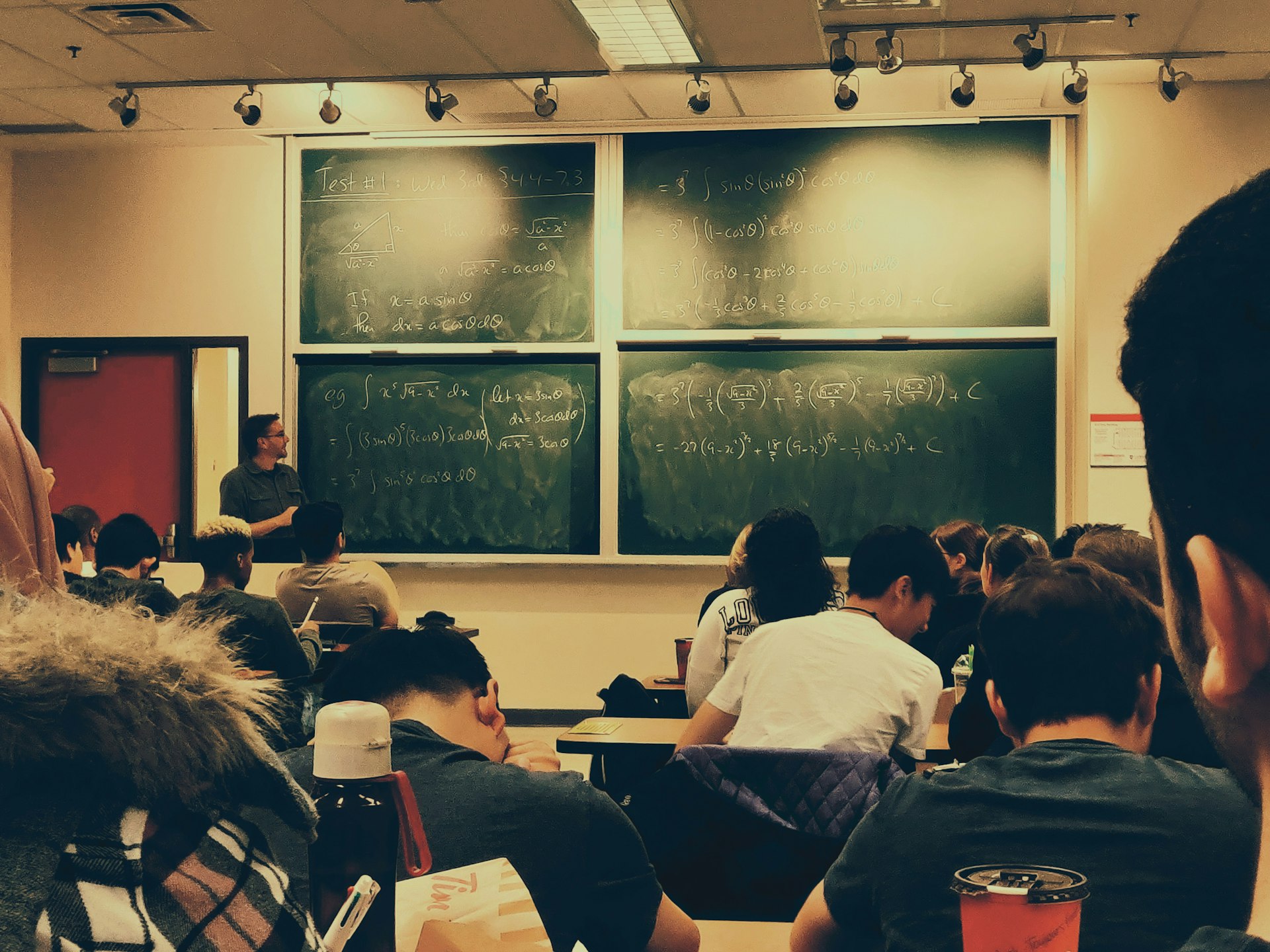Sending your child off to school can be an emotional time, but if you add executive function difficulties into the mix, emotions can run even higher, but not in the way you'd like them to. But what is executive function and why is it so important?
What are executive functions?
Executive function could be defined as the “project management” part of the brain. It involves complex cognitive processes needed to plan, organize, regulate or evaluate behavior and is what allows us to adapt and set and achieve goals. If it doesn't work as it should, it can affect all areas of life. And the thing is, executive function develops throughout childhood and into the early twenties at the earliest. Given that people with ADHD tend to lag a bit behind their peers in terms of development, it's not surprising that their executive function skills are not as well developed relative to neurotypical students.

So when it comes to university studies, there is more independent learning and less structure compared to grade school and high school. And adapting behavior according to the social environment can also put executive functions to the test..
Dr. Hallowell recommends that students discover their talents and interests and focus on developing them, rather than spending too much time trying to improve weak areas.
How to strengthen executive function
No need to worry because there are many strategies to help college student with ADHD adjust to this stage. Here are a few tips:
- Help your student to control their anxiety. These types of life transitions are often anxiety-inducing, so help your student before the anxiety gets out of control. Encourage techniques such as mindfulness or walking .meditations.
- Also, make sure exercise is a fixture in your student's life; it will help with concentration, anxiety, and our next point....
- Sleep. Turn off devices an hour before bedtime. Having good sleep hygiene will help your college student feel calmer. Reading and other quiet pastimes will help them create good habits conducive to sleep. On a related note, bedtime and wake up time should be consistent, even it's the weekend or vacation.
- Digital calendars or apps. We're not advocating for eliminating screen use altogether – after all, college students are digital natives – because digital calendars, for example, can help them stay on top of assignments and other deadlines. The same goes for apps specifically designed for concentration or planning. There are countless resources that help not only organize work, but also actively encourage task initiation and completion.
- Even with all these tips, the amount of work can seem overwhelming. It's best to break important tasks into more manageable chunks. Do shorter tasks and break them up with a walk in a park, for example.
Finally, world-renowned ADHD experts Drs. Russell Barkley and Ned Hallowell highlight the importance of executive function coaching for college students with ADHD. This type of coaching helps students develop better ways to address self-regulation and executive function difficulties while strengthening study skills .
Dr. Hallowell recommends students discover their talents and interests and focus on developing them, rather than spending too much time trying to improve weak areas, while Dr. Barkley adds that coaching can be a way to provide the structure, motivation, and accountability that college students with ADHD often need.
Get in touch today to find out how our coaching can help your student offspring on their educational journey.